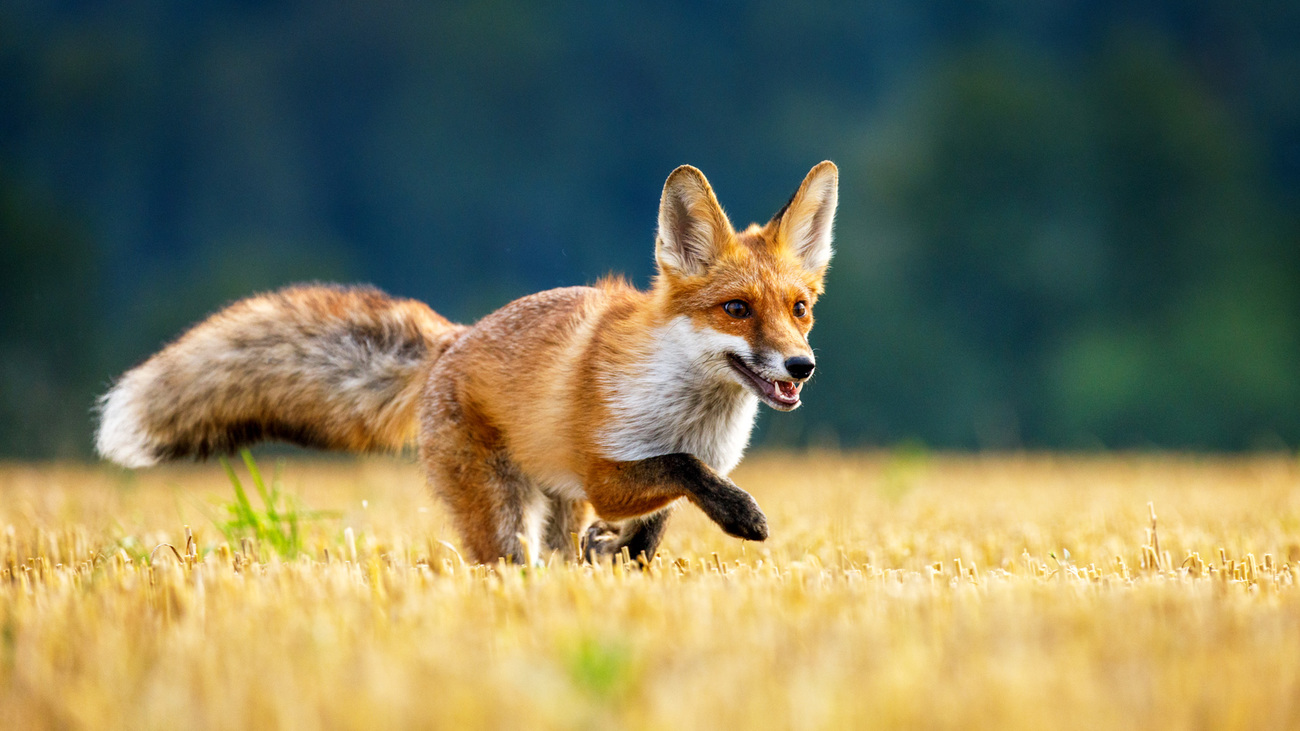Stepping up for biodiversity to protect wildlife, people, and the planet
Stepping up for biodiversity to protect wildlife, people, and the planet

On 4 July, the UK will elect their representatives to constitute the next Government. These representatives play key roles in the decision-making process for animal welfare and conservation policy. Harmful activities such as illegal and unsustainable wildlife exploitation and bycatch of protected marine species have contributed to alarming biodiversity loss—and our elected officials hold the power to stop them.
We are within the political conference season, where opportunities to address these issues will be offered. This is why IFAW has developed a manifesto setting out the changes we want to see for conservation at policy level. Now is not the time for watered-down approaches. We are living in a climate emergency, and many species are on the brink of extinction; this week, we learnt that a staggering one in six species are at risk of extinction in Great Britain. In the lead up to elections and beyond, we want to see:
- Wildlife crimes better understood and tackled.
- More action to combat illegal wildlife trafficking online.
- Confirmed steps to protect our oceans, such as reducing and eliminating bycatch.
- Bolder steps to protect nature and move us closer to net zero emissions.
Protecting our national wildlife equity
Poisonings, trappings, and being set upon by dogs are some of the thousands of acts of crime and cruelty inflicted on wild animals in the UK, including badgers, foxes, hares, bats, and birds of prey. Crimes against wild animals are not classified in the same way as other crimes involving drugs and violence, despite long-recognised links between serious organised crime and wildlife crime. By making wildlife crimes ‘notifiable’ (recorded at the national level), we can enhance the understanding and tackling of these crimes. Closing loopholes and discrepancies within wildlife law, including amending the Hunting Act 2004 to ban trail hunting, would also go a long way in reducing illegal activities. That is why we’ve partnered with leading charities in the sector to end this supposedly banned practice for good.
Wild animals belong in the wild
The United Nations Office on Drugs and Crime (UNODC) released a toolkit over two years ago with a plan for the UK Government to tackle wildlife crime and trafficking. Gains have been made, including passing the Ivory Act 2018, which will now be extended to protect other CITES-listed species in addition to elephants, but more action is needed. Wildlife trafficking is one of the main threats to conservation, impacting both ecosystems and global security. Escalating trade in endangered animals via online marketplaces across the UK is a concern for conservation and why our manifesto calls for wider protections, and to extend thinking to the exotic pet trade.
Preserving one of the most nature-depleted countries in the world
The Environment, Food and Rural Affairs Committee (EFRA) report published this spring noted that global biodiversity is in crisis, with the UK cited as one of the most nature-depleted countries in the world. Among other threatened animals, marine mammals play vital roles in maintaining healthy ecosystems by cycling nutrients—and they need our protection. Despite the current Bycatch Mitigation Initiative, it is estimated that over 1,000 whales, dolphins, and porpoises are still killed each year by fishing activities, and so are countless seals, sharks, skates, and rays. Major shipping activity also overlaps with areas critical to protected marine species, creating both underwater noise pollution and the risk of collisions, known as vessel strikes. Our manifesto proposes solutions to these challenges. And as members of International Whaling Commission, the UK Government also have a crucial role to play in advocating beyond the UK for those nations still engaged in the damaging practice of commercial whaling to stop.
A vote for nature
IFAW is a member of the Nature 2030 campaign alongside more than 95 organisations demanding a vote for nature at the next election. Only 1 in 10 members of the public think the Government is performing well on key environmental issues. Nature 2030 calls on all political parties to adopt five landmark policies for nature’s recovery ahead of elections. Supporting these asks, as well as providing leadership in international settings where biodiversity is discussed, moves us closer to a world where wildlife is protected.
For every step back, civil society comes together to reflect a collective will that we can do better. That’s why we signed a letter with 400 other organisations asking the Government to reconsider the watering down of net zero policies. That is why we encourage individual action to protect our planet and call on those in power to change policy. Let’s make this next election count.
Related content
Every problem has a solution, every solution needs support.
The problems we face are urgent, complicated and resistant to change. Real solutions demand creativity, hard work and involvement from people like you.